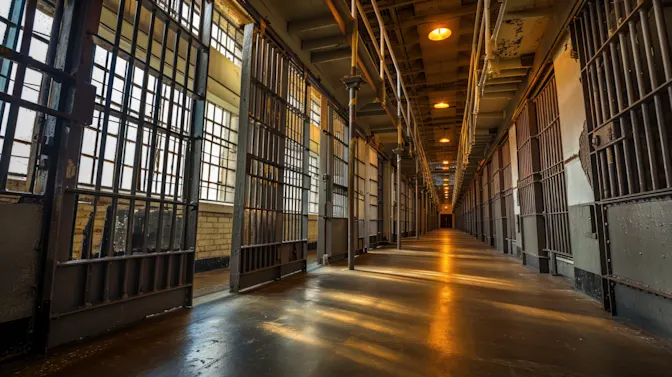
Final Confessions From Death Row Chaplains
Prison chaplains on death row serve as spiritual guides, confidants, and emotional supports for some of society's most condemned individuals. The work they do is emotionally taxing yet profoundly impactful. These chaplains have unique experiences and play important roles in providing comfort to inmates facing their final moments.
What is a prison chaplain?
A prison chaplain provides spiritual and emotional support to inmates, often in challenging environments like death row. They conduct religious services and offer comfort to inmates facing their final moments. Chaplains can come from diverse religious backgrounds, including non-theistic perspectives like humanism. Their role involves addressing the spiritual needs of inmates, fostering a sense of peace, and helping them confront their mortality with dignity.
Does a chaplain have to be a priest?
Although many chaplains are priests or associated with religious orders, a chaplain does not have to be a priest. For instance, as reported by Vox, Devin Moss is a humanist chaplain who provides spiritual care without invoking God, offering support based on shared humanity rather than religious belief.
Moss's journey as a humanist chaplain reveals a unique perspective on spiritual care. Unlike traditional religious figures, Moss offers support without invoking God. He was called to this role when Phillip Hancock, an atheist inmate on death row, requested a non-theistic spiritual adviser. Moss's year-long engagement with Hancock, culminating in being by his side during his execution, showcases how spiritual care can transcend religious boundaries.
Facing execution takes an emotional toll.
Chaplains deal with the immense emotional toll of executions. The experience of being present during a prisoner's final moments highlights the deep humanity involved in such a role. The corrections officers, the chaplains, and even the condemned themselves are all profoundly affected by the act of execution. This shared humanity often leads to a complex mix of emotions, ranging from anger over procedural errors to a sense of peace when providing solace to the dying.
The struggle chaplains have with the death penalty can be difficult.
Chaplains can grapple with the ethical implications of the death penalty. The loneliness and despair that pervades death row, can lead inmates to prefer execution over prolonged incarceration.

Moss entered his role without strong opinions on capital punishment, but his experiences led him to see the broader impact on everyone involved, from the families of victims to the executioners themselves.
The role of death row chaplains is both heartbreaking and essential. They offer a unique form of spiritual and emotional support to those facing the ultimate punishment. By doing so, they not only provide comfort to the condemned but also highlight the deep complexities and moral questions surrounding the death penalty.
References: The chaplain who doesn't believe in God | Catholic chaplain at San Quentin's Death Row























